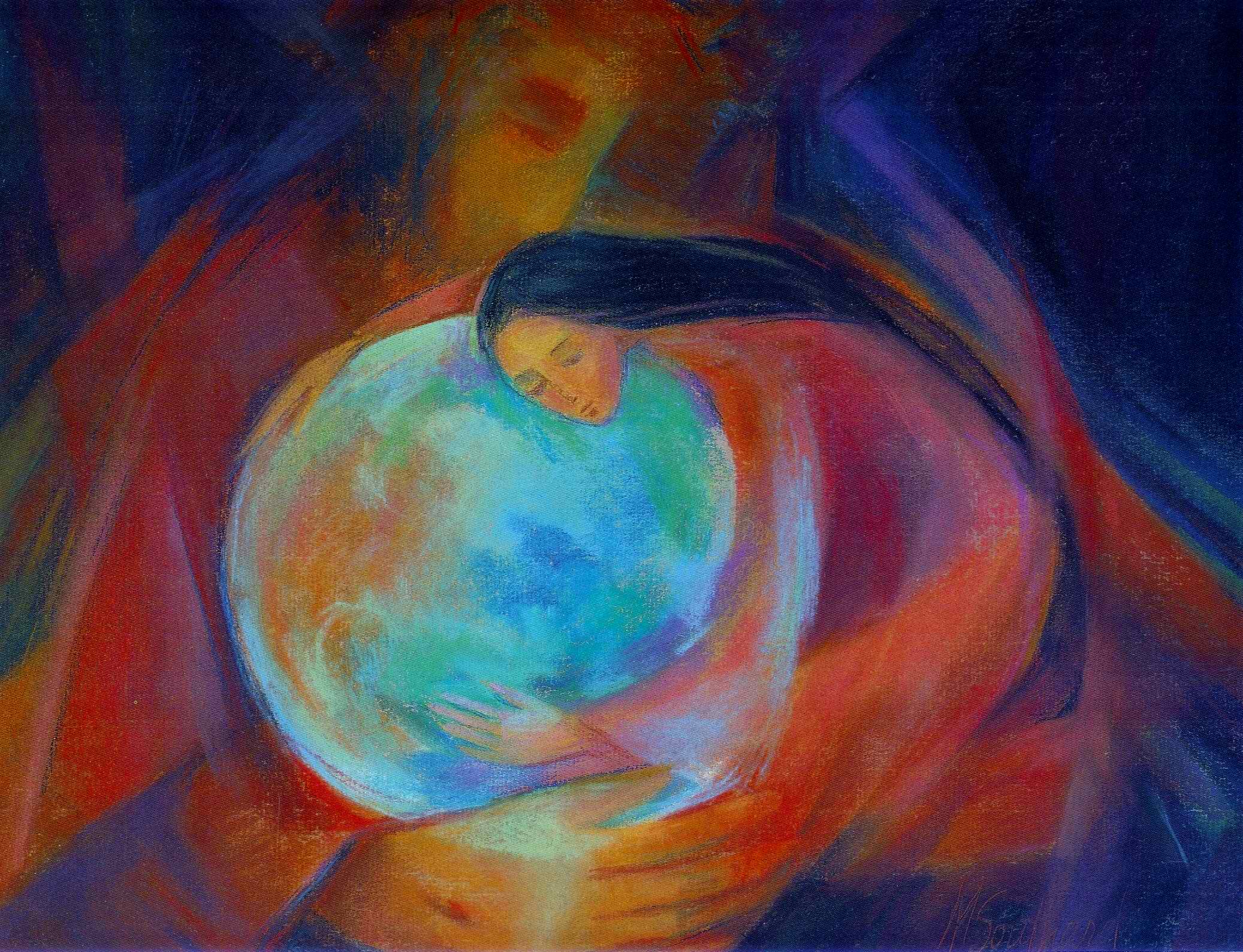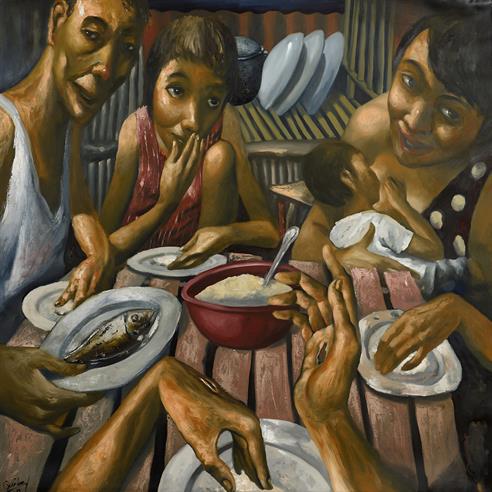Deaconess Norma P. Dollaga, United Methodist Church

Psalm 89:2-3, 16-19
2Kings 4:8-11, 14-16
Romans 6:3-4, 8-11
Matt 10:37-42
Loving Jesus and following his commandments are ways to love our parents and family. It is not a competition between family and discipleship. Rather, loving our family is also embracing and following the teachings of Jesus. When the disciples decided to become full-time workers with Jesus in his ministries of healing, preaching, and teaching, it did not mean that they turned their backs on their families. Rather, this means that they have chosen an important task in pursuit of the Kingdom of God, which is a higher calling. The disciples had to physically leave their families to pursue their mission, but this did not necessarily mean they abandoned their families spiritually. There are choices to be made in order to embrace the radical calling of becoming a disciple of Jesus.
Likewise, welcoming the prophets in our midst is a radical option. To welcome them is to be identified with them. A host might not be in full understanding of what prophets do, but it is in the name of hospitality and mercy that hosts welcome the prophet into their homes. I am reminded of a story in the Bible, the widow of Zarephath. There was a prophet named Elijah being hunted by the forces of the King. The widow and her son were gripped with poverty. But in spite of their situation, the widow welcomed Elijah. The genuine hospitality and radical welcoming is a beautiful act, yet a dangerous undertaking. The authorities and the King himself may implicate her as collaborating with the “wanted” man. In the story, siding with truth-bearers and victims of injustice manifest a strong sense of solidarity.
The prophet had nothing to eat. He could have accepted the King’s bribe. He could have recanted his words against the king. He subverted the “rule and expectation” of a ruler. He did not choose to compromise his words and principles. He is being pursued by the king and he could be handed over to the authorities at any given time. An arrest is expected, persecution is predictable and death either through the means of law or outside of it (extrajudicial) was possible. Here is a widow, out of her nothingness, she offered her home and bread to the prophet in need. She could be persecuted and be summoned by the King.
Both the widow and the prophet have their own predicaments.
Who gave a sanctuary to the prophet? Who fed him? Out of almost nothing, the widow shared whatever she had.
The story subverted the usual images of those who are expected to help each other. The unavoidable circumstances of hunger, poverty and persecution made them extend whatever strength and vulnerabilities they had.
To welcome the prophets and the strangers is a radical act of solidarity. It takes radical love and courage to embrace those who have been ostracized and marginalized. Those who do not belong to “us.”
Recently, the lockdown, that was supposedly a device to curb the spread of COVID 19, has been weaponized against people. It was gravely abused to supress the democratic rights of the people. There was a series of illegal and arbitrary arrests among those who provided relief to poor families. Jeepney drivers who were deprived of their livelihood by the lockdown were forced to beg for food. Worse, six jeepney drivers who rightfully protested and demanded for the government for assistance and to lift the ban on jeepneys were detained in an already congested detention facility. A few days ago, LGBTQIA+ allies and activists were arrested while they were commemorating the 51st anniversary of the Stonewall Protest. It was a peaceful protest against the repressive Anti-Terror Bill. The police, however, came and violently disperse, harassed and illegally arrested the 20 of the protesters.
From humanitarian workers, to jeepney drivers, to a peaceful LGBTIA protest, the lockdown has been used and abused to violate human rights. They were punished with detention and filed court cases against them. Their health were also put at risk when they were held in a congested detention centers. The humanitarian workers, the jeepney drivers, and LGBTQIA+ allies and activists who exercised their rights bravely manifested a prophetic exposition of the anomalies in the government.
It takes a radical spiritual and political will to open our houses, homes, our physical base, solidarity support and faith resources to strangers, the justice and peace workers, the community organizers, the beleaguered journalists, the whistleblowers, the environmentalists, the human rights defenders and the persecuted because of their prophetic work. It takes deep compassion and charity to open up our churches to provide sanctuaries to the victims of human trafficking, those being harassed because of their adherence to truth.
The promise is that there will be a reward. Being invited to discipleship and accepting it is already a reward. That means choosing a life of a meaningful journey. ##





